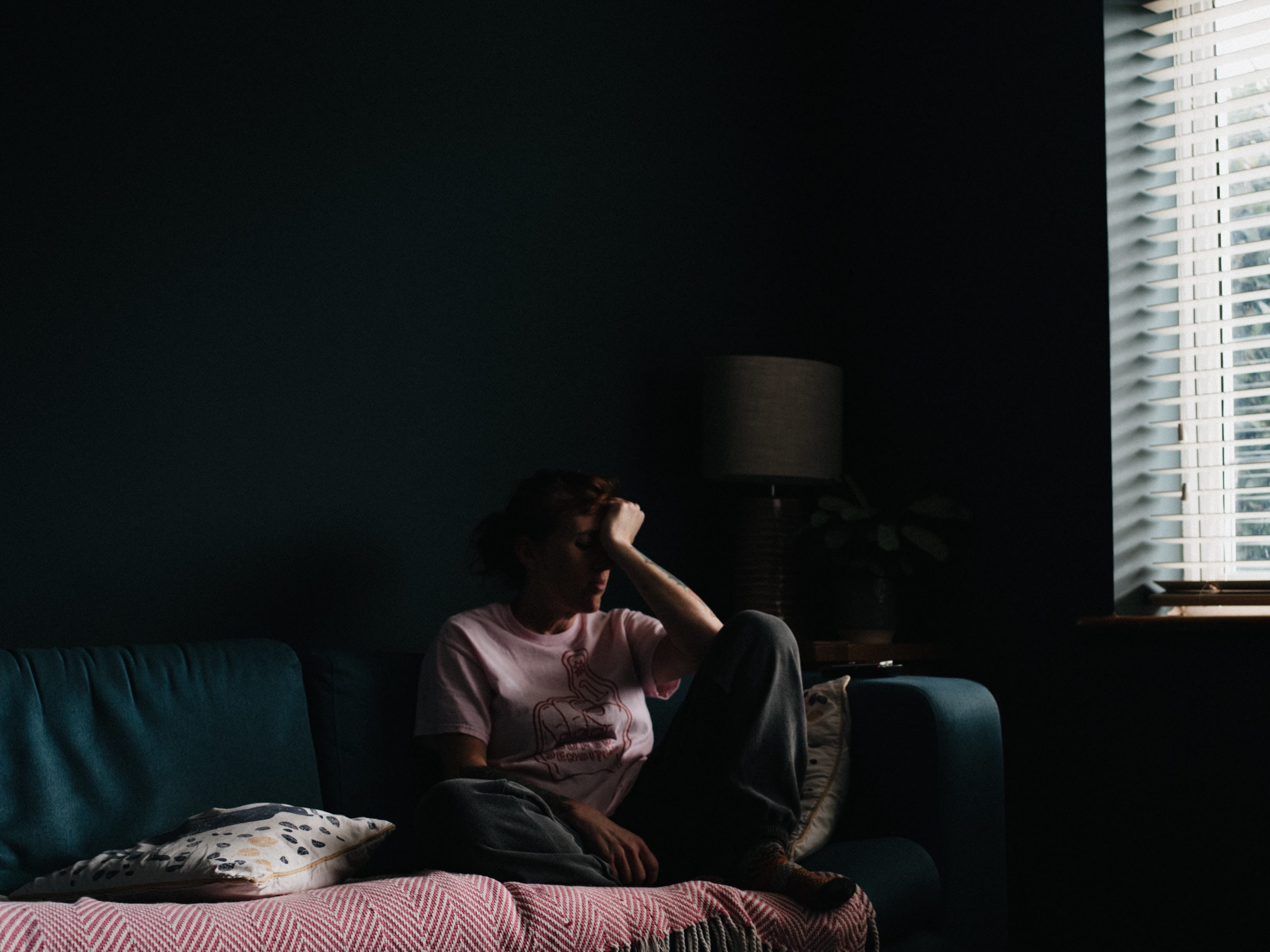The Effects Of Loneliness On Physical And Mental Health
According to a 2018 national survey, loneliness levels have reached an all-time high, with nearly half of U.S. adults reporting that they often feel lonely. Meanwhile, 40 percent of U.S. adults also said that their relationships are not meaningful and feel isolated.
Loneliness is a significant public health concern. It can affect anyone at any stage of life—from adolescence to adulthood. Clinical research shows that loneliness brings greater health risks than risk factors that already receive substantial public health attention, including physical inactivity, air pollution, and heart disease.
Even if you’re feeling isolated, it’s important to remember that mental health care is available. Here’s how to manage loneliness and take care of your health.
How does loneliness impact your health?
Without the right support system, loneliness can take a toll on your physical and mental health. Social isolation can make it harder to function in daily life, impacting the ability to perform daily activities, meet basic needs, and maintain physical health, especially among older adults.
According to the United States Centers for Disease Control (CDC), loneliness can significantly increase a person’s risk of premature death from all causes, which— rivals smoking and chronic illness. In addition, poor social relationships are associated with a higher risk of heart disease and stroke.
Loneliness doesn’t just affect your physical health—it can have detrimental effects on your mental health. Loneliness is commonly associated with higher rates of mental health issues, including mood disorders, anxiety disorders, substance abuse, and suicidal ideation. Loneliness can exacerbate mental health symptoms for people with pre-existing mental health conditions, contributing to poor mental health.
How can you combat loneliness?
The benefits of social connections are both wide-ranging and long-lasting, according to the Mental Health Association (MHA). Spending time with other people is good for our physical health—increasing our immunity, illness recovery rates, and longevity. Social interactions also sustain our mental health, reducing stress, boosting optimism, and improving our self-esteem.
So, how can you combat loneliness and build your social support network? Here’s how to boost your wellness with the power of social connection.
- Stay connected with friends and family. Especially during and after COVID-19, staying connected with close friends and family is incredibly important. If you’re stuck in a rut, try making a list of the people who lift you up and schedule a conversation, video call, or some upcoming time together. The people who love you will be happy to support you and remind you how much you mean to them.
- Take care of your well-being. Self-care is vital, especially when you’re feeling lonely. Self-care plans help us build resilience, cope with life’s stressors, and live productive lives. Your self-care action plan might be as simple as eating a balanced diet, practicing relaxation techniques, getting adequate sleep, getting regular physical activity, and finding time for your hobbies. Whatever makes you feel refreshed, make time for it.
- Step outside your comfort zone. If you don’t have anyone to lean on, try joining a support group or volunteering in your local community. Even in the absence of mental disorders, support group workshops can be a valuable source of emotional support. Meanwhile, volunteering can help you make a positive change in your mental wellness, helping you break out of isolation, find meaning, and improve your quality of life.
Don’t hesitate to reach out for support.
Loneliness can affect anyone—and you don’t have to be physically alone to feel lonely. Sometimes, loneliness can stem from social media addiction, toxic relationships, or relationship issues with a family member. Other times, you might crave a romantic connection or a healthier relationship with yourself. Whatever the reason, it’s essential to reach out for professional help if you need it.
To combat the effects of loneliness, contact a mental health provider through the Therapy Group of NYC. We know that isolation can feel overwhelming—and we’re here to help you every step of the way, from scheduling your first appointment to creating a personalized treatment plan. No matter where you are in your mental health journey, one of our compassionate mental health professionals will help you heal.

